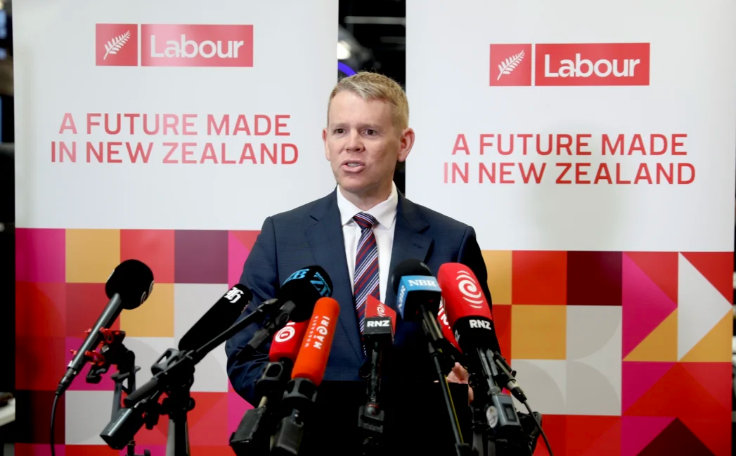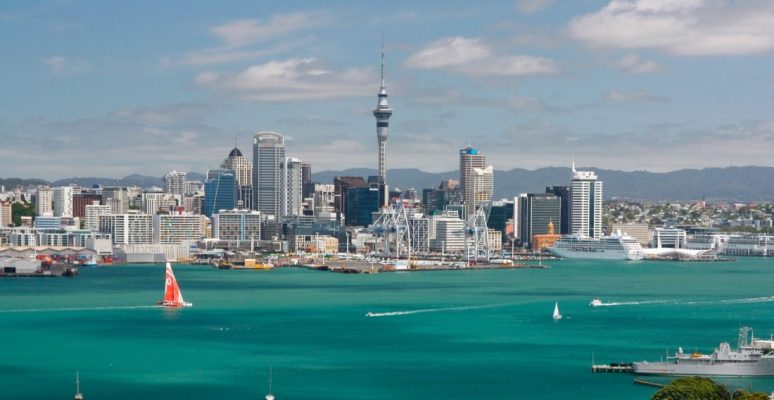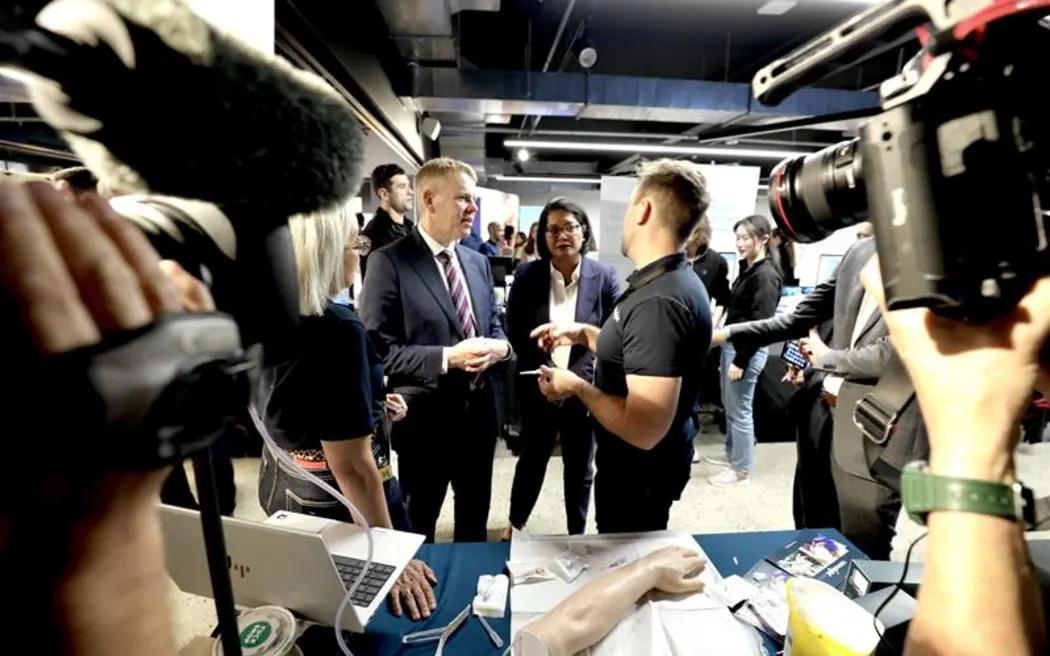

Pacific journalist and commentator Richard Pamatatau, left, and Auckland lawyer Angee Nicholas respond to the Labour Party's first major policy announcement.
Photo/PMN
Pacific commentators cautious of Labour’s Future Fund proposal without more detail
As economic pressures and nationwide strike actions intensify, does Labour’s infrastructure fund offer real solutions in the future?




Inked across lands: How Pacific tattoo art is thriving in Germany

US funding cuts threaten to 'dry up' future of Pacific scientists - expert




Inked across lands: How Pacific tattoo art is thriving in Germany

US funding cuts threaten to 'dry up' future of Pacific scientists - expert
The Labour Party’s first major policy announcement of an infrastructure fund is drawing mixed reactions about whether it’s credible, necessary, or even achievable.
The party proposes a New Zealand Future Fund that operates alongside the Super Fund but will only invest in infrastructure and local businesses.
Speaking on Pacific Mornings with William Terite, Richard Pamatatau, a Pacific journalist and commentator, says the idea of a long-term investment fund sounds promising.
“But there’s very little detail. What we need to wait and see is how they dovetail it into possibly some kind of capital gains tax or a wealth tax,” he says.
“Is it going to function as a sovereign wealth fund? Is it just going to take the profits from whatever government things that are attached to it? And what or how exactly will the relationship be with the New Zealand Superfund?"
Auckland lawyer Angee Nicholas, who was the National Party’s candidate for the Te Atatū electorate in the last election, agrees that investing in local industries is important but questions Labour’s ability to pull it off.

Labour leader Chris Hipkins launching the party's first key election policy this term. Photo: RNZ / Marika Khabazi
“We’d all agree with investment into infrastructure and businesses, but in the back of my mind is Labour’s track record of delivering that. I think about projects such as KiwiBuild and Auckland Light Rail.
“It’s a good start for Labour, but again, can they actually deliver on this?”
When challenged about the National Party’s ability to deliver on its own election promise to get the economy back on track amid rising costs and inflation, Nicholas says there are multiple factors contributing to these increases, and the government is working on solutions.

Labour is proposing a New Zealand Future Fund that operates alongside the Super Fund but will only invest in infrastructure and local businesses. Photo/ConsultantNZ
She says compared to other countries, New Zealand is doing well. “It is tough for a lot of people because it’s been going on for such a long time, and I think that’s where the rubber hits the road because people are expecting something right now, because it’s so tough.”
Pamatatau says the government promised to get the economy back on track, but it’s battling multiple issues on different fronts.
“The problem is, maybe when the government promised to get us back on track, it didn't actually know what the track looked like,” he says. “Since it's been in government, rather than being as forward-thinking as it wants to be, it's smashed a lot of things.
“And that's what is affecting Kiwis when they're at the supermarket. You only have to stand in the queue at the checkout, and some people say this is $150 and there's hardly anything there.”
The economic impact of the government’s policies is also at the centre of major industrial strike action that will see more than 100,000 public service workers walk off the job this Thursday.
The ‘megastrike’ will be one of largest combined stop-work events in recent memory, with schools closing, postponed elective surgeries and outpatient appointments, and emergency services operating on reduced staffing.

Labour Leader Chris Hipkins and Finance and Economy spokesperson Barbara Edmonds visit Auckland start-up space GridAKL. Photo/RNZ/Marika Khabazi
The government says it has negotiated in good faith and made multiple pay offers, some of which were rejected before being put to the union members.
Pamatatau says both sides need to lower the temperature.
“People need to get together and have a talanoa and talk about what’s going on and what’s not going on,” he says. “You cannot have a Minister of Health threatening to change legislation and a Prime Minister who should be uniting people being so critical.”
Nicholas says she respects workers’ rights to strike but questions the political motivations behind the unions' actions.
Watch Angee Nicholas and Richard Pamatatau's full interview below.
“If I hear that Palestine is on the agenda, what other conclusion am I to make about these strikes?” she says. “This is no criticism of the workers and their right to strike, but it does make someone like me think, what are they (the unions) trying to achieve?”
Pamatatau believes the media also has a responsibility not just to report the talking points.
“It just comes back to people need to stop shouting,” Pamatatau says. “They need to calm down, take the heat out and get in a room and talk. You know, they all need a jandal for their mouths at the moment.”